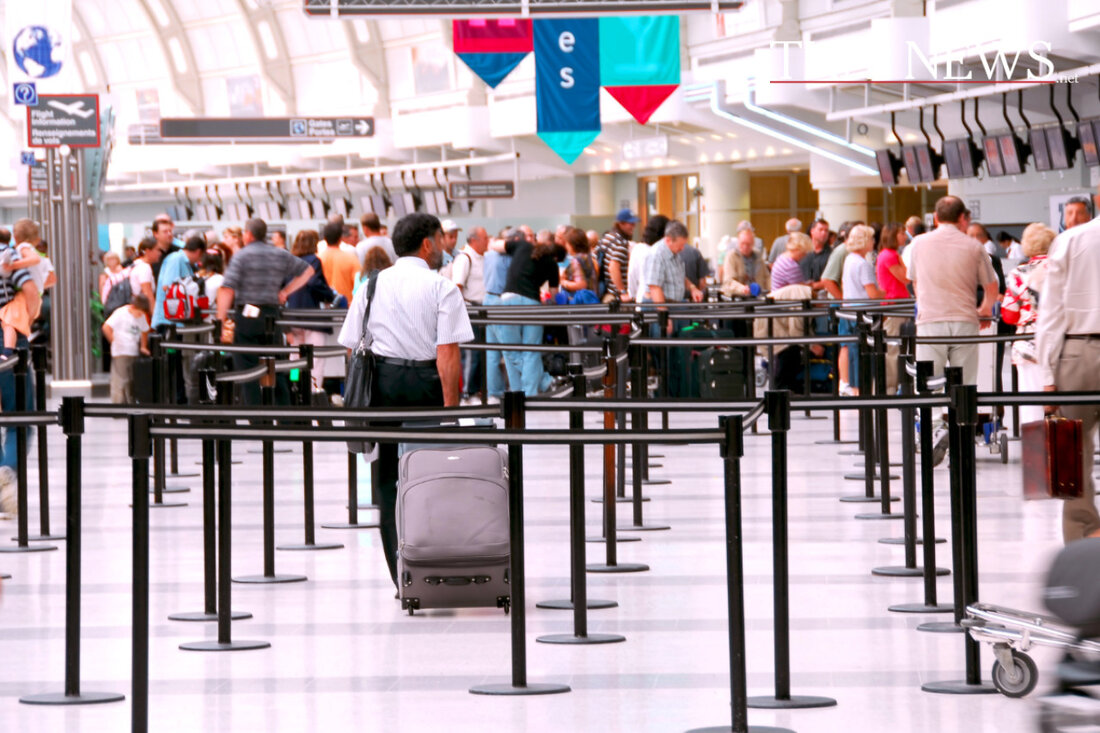SRT governor resigns: Political turmoil in Buriram!
Transport transition in Thailand: SRT governor resigns after political transition and land ownership conflicts in Khao Kradong.

SRT governor resigns: Political turmoil in Buriram!
The political landscape in Thailand is currently bringing with it exciting developments. On October 10, 2025, State Railway of Thailand (SRT) Governor Veeris Ammarapala officially tendered his resignation. This step is not surprising when you consider the background. Ammarapala signed the SRT contract just a year ago, but the turbulent situation surrounding land rights in Khao Kradong appears to have put a stop to him. His resignation letter will be submitted to the SRT board for consideration later this month and is expected to take effect immediately, Nation Thailand reports.
A key issue behind this decision is orders to vacate two properties in Khao Kradong, which were published on September 29, 2025. One of these properties belongs to Karuna Chidchob, the wife of the influential Newin Chidchob, CEO of Buriram United and a major figure in the Bhumjaithai Party. The other property is owned by Silachai Buriram (1991) Co., Ltd. The close connection between these owners and politics leaves room for speculation about the influence that such land issues can have on the careers of politicians.
Clear commitment to legality
In the middle of these legal circumstances stands Anutin Charnvirakul, the leader of the Bhumjaithai Party. He has taken a clear stance on the Khao Kradong land issue, emphasizing that the Ministry of Interior has confirmed the land as legally owned by the SRT. Contradictions have been buttressed by court rulings stating that King Chulalongkorn (Rama V) once earmarked the area for state purposes. This was further validated by a royal decree from King Vajiravudh (Rama VI). In a commentary, Anutin emphasized that the people involved always acted legally and in accordance with the regulations, a message intended to ensure that this matter is not exploited for political purposes (The Thaiger).
The cancellation of land rights over more than 5,000 rai, which took effect from August 2, cannot be dismissed out of hand. This measure is the result of extensive investigations that prove that the land around Khao Kradong exists legally. The Interior Ministry and other officials also make it clear that the occupation by private companies is considered unlawful and decisive action is necessary to protect state resources.
Political implications
The timing of the resignation also comes at a time of political change since Anutin Charnvirakul took over the government under the Bhumjaithai Party. Thailand has been through a lot in recent years, but has never been colonized and has a long history of military coups, most recently in 2014. With the constitutional reform of 2017 and the last general elections in May 2023, the country is in the process of redefining itself. In this context, it is important to also observe the various political currents and the influence of influential families such as the Chidchobs in order to obtain a complete picture of the dynamics in Thailand (Foreign Office).
The situation surrounding Khao Kradong and the resignation of Veeris Ammarapala clearly shows how closely politics, ownership structures and public interests are intertwined. The new government's next steps will be crucial not only to clarify the legal situation, but also to restore the population's trust in the handling of state resources.

 Suche
Suche
 Mein Konto
Mein Konto
